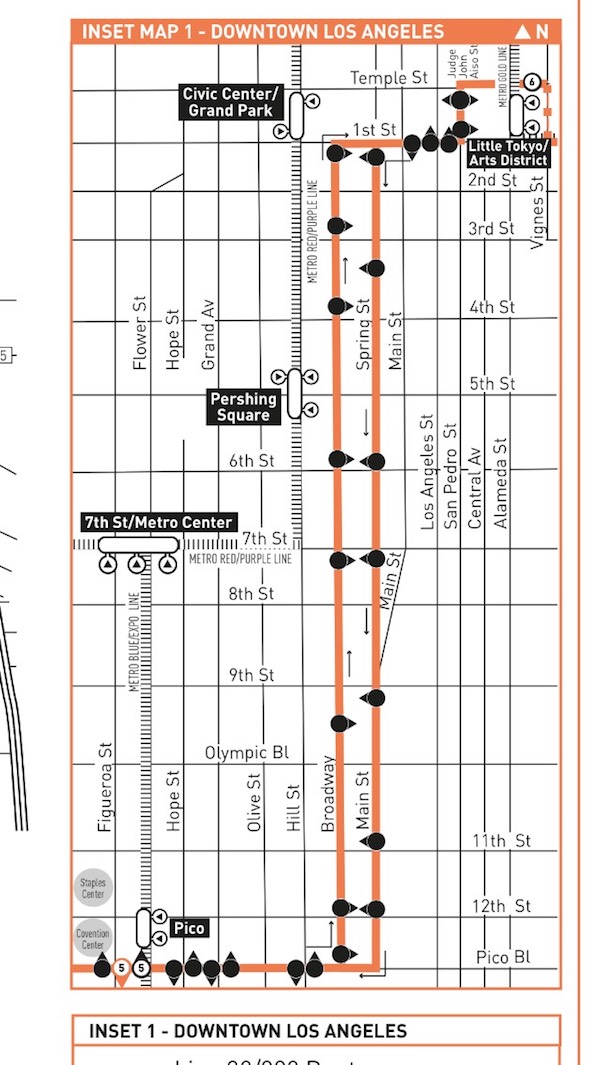[alert type=alert-white ]Please consider making a tax-deductible donation now so we can keep publishing strong creative voices.[/alert]
We read the year that we attended. We sat across from each other at tables and couches. We leaned on kitchen counters. We were passenger and driver. We walked in the woods and went to find them. We danced about it and drank about it in places maybe not for those things. And we talked about this thing we were making:
what were we thinking
One of us would take flora and the other would take fauna, as if we knew how to stay in our own lanes.

How do we look at things: could this projects make us look more or look at things differently? Seeing and looking—sometimes not seeing the wilderness, but looking for it.
and what it becomes, a way of seeing time, or of time sowing itself
A natural history, the names named. And magic, or not. By which we mean appropriation or assigning meaning to things that are quite literal. The violence of over-attending, of making a messenger out of a wild thing. The violence of neglect, though, of not attending at all.
we learn the names of things (that we took for granted before) (that we didn’t know had names) and to specify the generalized
This is the thing: I do believe in “animal medicine” but literally. If an animal appears to you, it does mean something. For one, that you are paying enough attention to see it appear. When the animal’s appearance interrupts, it means you weren’t paying attention before. When you see animals everywhere, there is your great field of awareness, there you are waking to it, there you are connecting, the starlings in the air and in the bamboo. When you see people bodies same-different it means you are becoming a person. The same-differentness stands out further and further. Someday plants will appear to you—and I promise even a jacaranda is invisible unattended to—plant will mean. And plants will also be, verging on personhood, verging on presence you sense at the back shiver of your neck nape.
to count crows until the panic passed, to touch
This is the thing: The pigeons in the city mean—the starlings in the bamboo mean—the native and non-native palms mean—your friend not dying for weeks means—the Great Horned Owl appearing in the day means—the mountain lion healing means—here—look—
tender
The abundance of ravens means. Ravens may in folk tradition(s) orbit the thresholds of life and death. (While crows appear in flocks, ravens show themselves alone at these crossing points.) Ravens may omen, they may sign. And the way I hold this belief is literal: We have more ravens here (at the coast and there in the desert, more) than ever recorded before, because we have changed our crust layer so much. The literal thresholds of life and death are shifting, we’re shifting, here. The raven population is the marker in the ecosystem—the sign, the omen, a communication with the potential to be recognized.
In either case, Is anyone alive out here??

Out there: there was this moving from the interior of my quiet just-for-me, in the morning, in my yard or with my animals and then just being out in the world with people. After April, I was a lot more out in public, and there was a season where there wasn’t anything new going on—plant-wise. Everything that I could observe had sort of been developed. They were just in their flower… until things started dying.
But then people started dying. (I wanted to feel like a person right before the end of the world.)
The whole reason I happened to begin attending was—all of my life, everyone I’m related to, would attend in a very public way, they would call things by name, they would never be “oh that tree…” It was a yucateco or a piocha. Specifically, my parents would be like “let’s go stand outside and see what’s going on.” Like the four of us would stand in a yard the size of a postage stamp. Everybody had to say something, like an observation… I remember this is how the farmers would talk to each other. (Good harvest, bad harvest.) “Look at the leaves, look at the coffee—you think we’ll ever drink a cup from that coffee?”
Or my mom would be like “remember you brought me that cutting, and now look at it!” and she would give me cuttings and ask after them, “How’s the plumeria doing,” or, “Did you plant that bulb I gave you?”
And if it dies on me I feel awful, like I couldn’t make it work, like it died of sorrow: “se puso triste.”
About attending, being the person who attends: in the wilderness—I am caretaker, steward. Mother, priestess. In the service of that thing. (And stealing—I learned to steal or barter with plants.)
we echo voices on each other’s pages
About attending, being the person who attends: in the city, learning to visit and be visited differently. What you do not see this year: A bear. A fox. A snake. How to be a human person mammal without them. How to see one another, people and their bodies.
and yet it became a way of seeing or of time sowing itself.

Read: January, February, March, April, May, June, July, August, September, October, November, December
